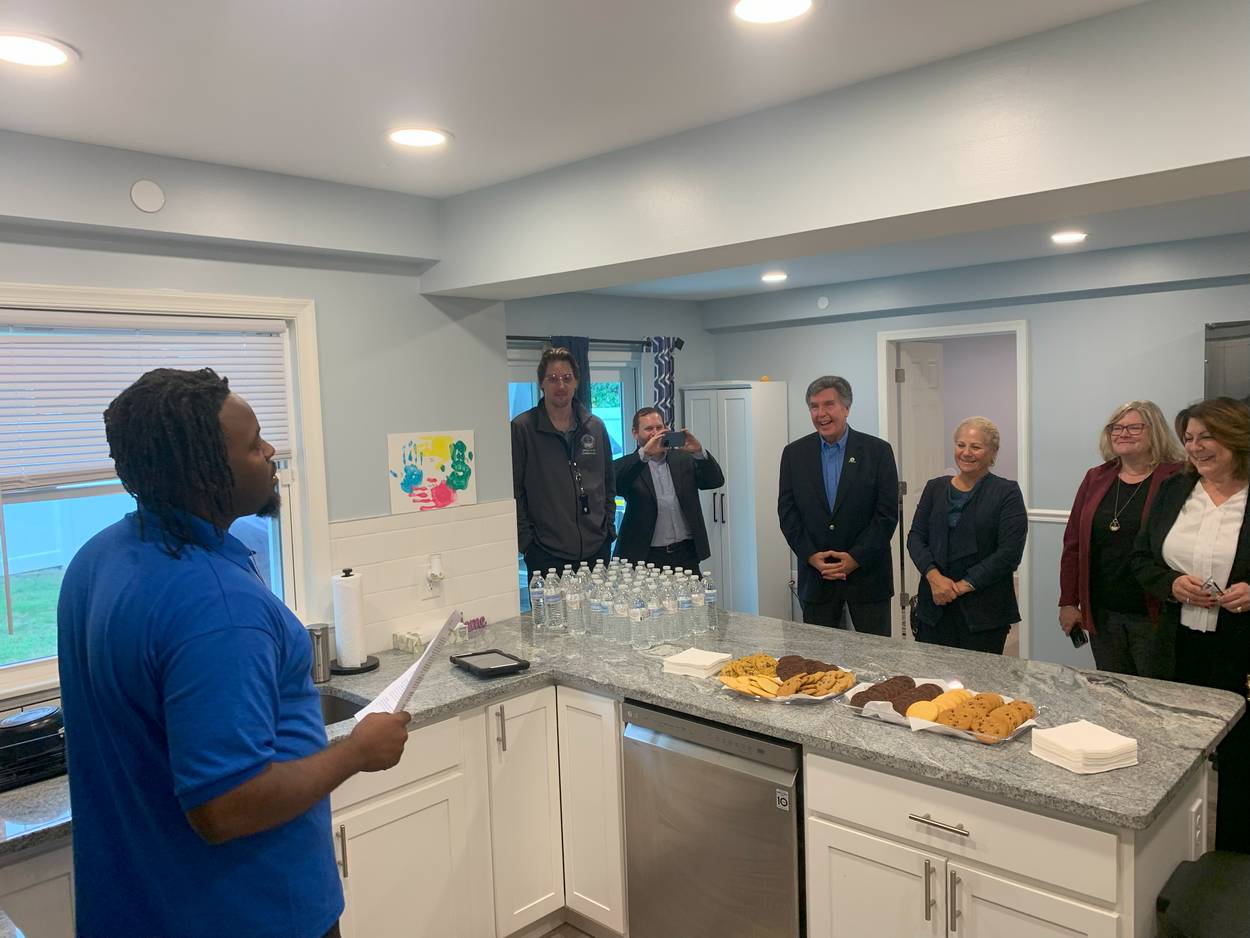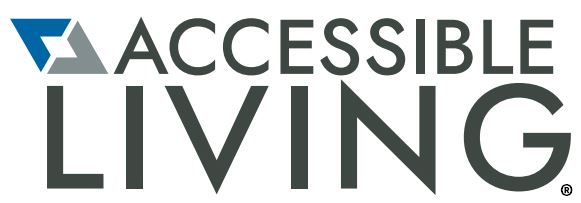Bancroft Unveils Smart Home Project for Disabled Adults
 Bancroft, a nonprofit provider of programs and services for individuals with autism, intellectual and developmental disabilities, unveiled its Smart Home project during a recent ribbon-cutting ceremony. The project, located in New Jersey, explores how technology can help enhance safety, increase independence and improve quality of life for adults with disabilities – and help address longstanding challenges with the direct care workforce.
Bancroft, a nonprofit provider of programs and services for individuals with autism, intellectual and developmental disabilities, unveiled its Smart Home project during a recent ribbon-cutting ceremony. The project, located in New Jersey, explores how technology can help enhance safety, increase independence and improve quality of life for adults with disabilities – and help address longstanding challenges with the direct care workforce.
Ten group homes throughout the region have been outfitted with a variety of sensors and devices to create an ecosystem that can be customized to the needs, abilities and goals of the individuals who live there.
Funded through a $500,000 investment by the state of New Jersey and the New Jersey Department of Human Services, the goal is to create a model for other providers in the state.
Each home features:
- SimplyHome Technology Solutions provide staff with alerts so they can monitor residents’ activities from a distance and intervene as needed, fostering independence.
- Biometric door locks make it easier for staff to enter the home without fumbling for keys when their hands are full, or when their attention is focused on the people they support.
- Sensors alert staff to unusual/unexpected movement; allow for less-invasive overnight bedroom checks; and track changes in sleep or other health indicators that may be concerning.
- In kitchens and bathrooms, sensors alert staff if water temperatures are too high, stoves are left unattended, sinks overflow and more.
- Smart lighting and smart plugs create a more comfortable living environment that can be customized to individual preferences.
- Voice assistants enable residents to use simple, customizable voice commands for various tasks, fostering self-reliance and self-expression.
- Echo Show devices give residents agency over their daily schedules and tasks.
- Smart appliances simplify and reduce reliance on staff support for daily chores. They provide maintenance reminders, removing one more “to-do” from staff members’ lists.
- Induction ranges with specialized cookware let individuals learn to cook while reducing burn risks.
- Smart scales send weight, BMI and other health indicators directly to staff, minimizing documentation in cases where these are being monitored.
- Smart toothbrushes, automatic faucets and digital soap dispensers foster good personal hygiene habits, without the need for direct staff involvement in residents’ most private tasks.
- Robot vacuums make it easier for residents to participate in household chores.
- Medication dispensers ensure residents receive medications at the right time, reduce the risk of medication errors, and help those who are learning to self-administer their medicine.

